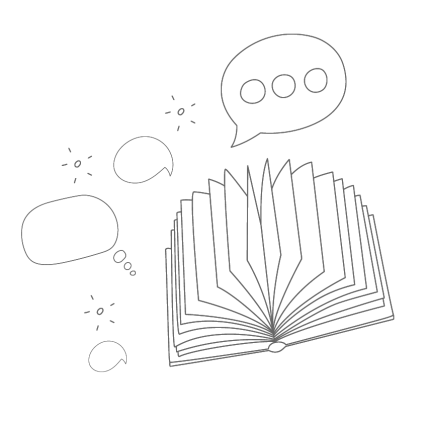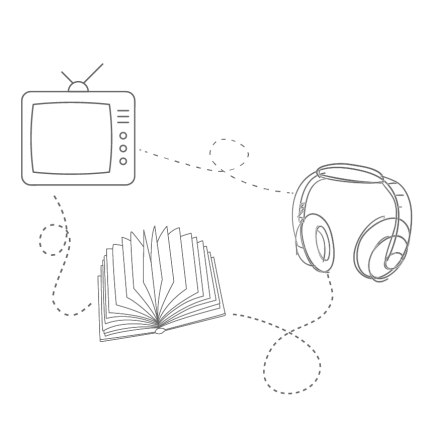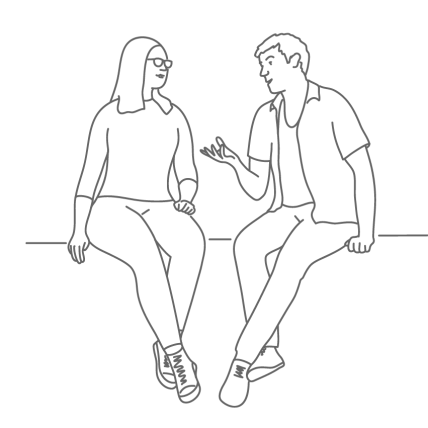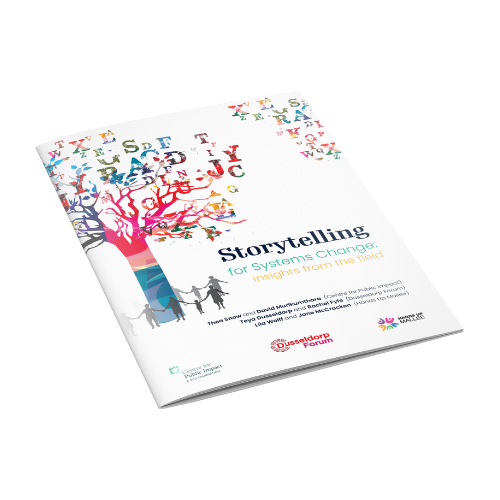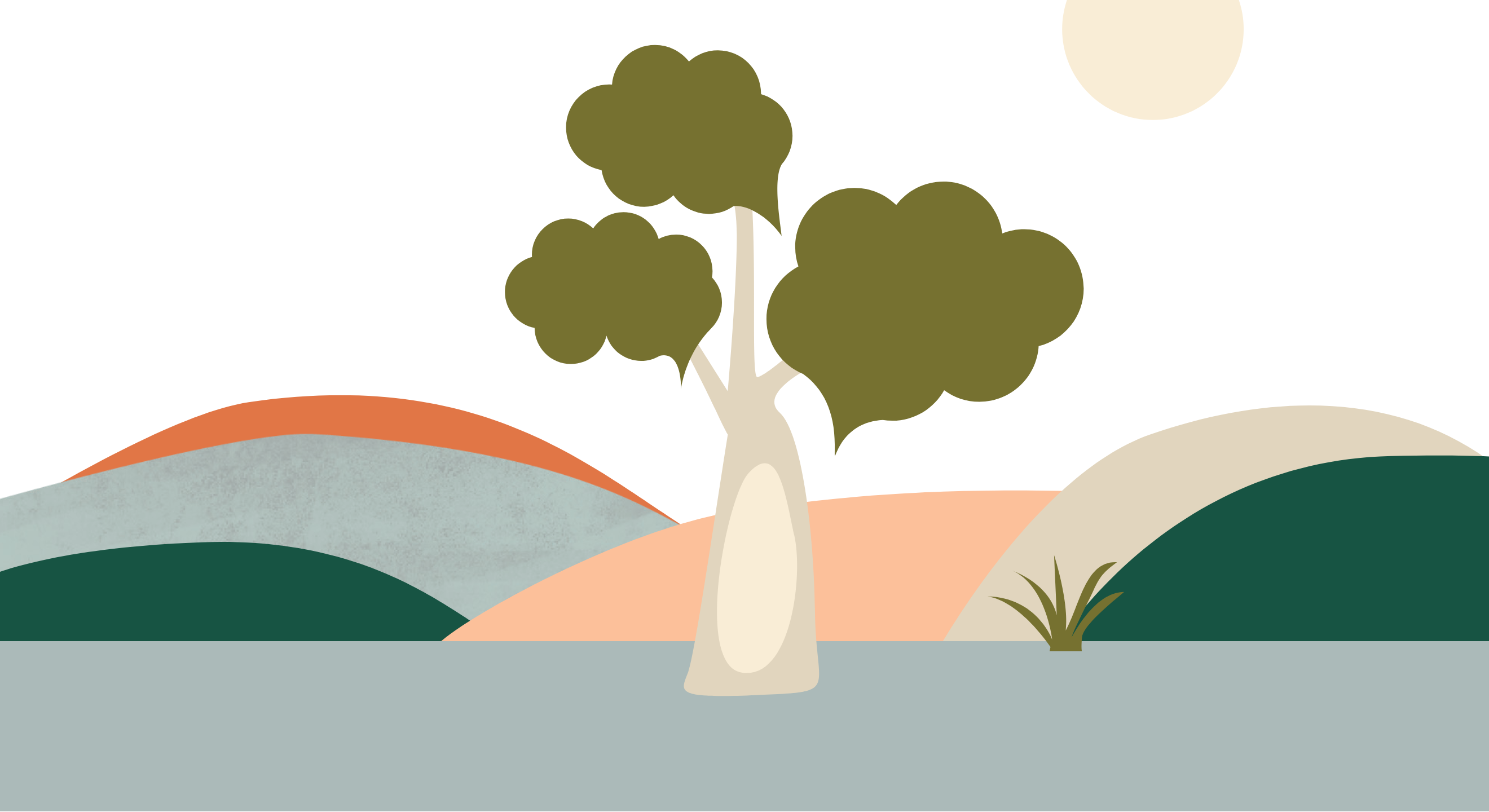
Storytelling for Systems Change
Listening to Understand
What does it take for government and philanthropy to listen to stories meaningfully?
We believe that stories can change lives, communities, and systems.
To make real change, we need to get better at telling stories. But governments and philanthropy also need to get better at listening to them.
The Centre for Public Impact, Dusseldorp Forum, and Hands Up Mallee have been exploring the role of storytelling in systems change. For this report, we turn our attention from storytelling to storylistening.
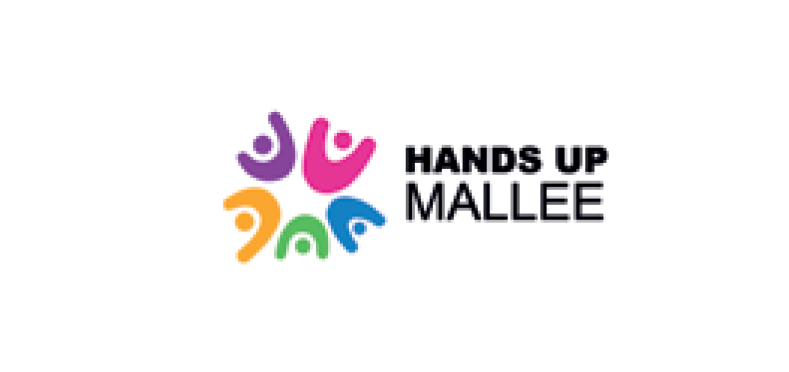

What we heard
We spoke to government officials, funders, academics, and other practitioners about creating the conditions for stories to be heard by those who need to hear them.
Three key questions guided these conversations:
How are stories currently used by government and philanthropy?
“Stories allow governments to hear and see the realities of their policies and practices from the ground up.”
What gets in the way of stories being listened to and understood?
“All the things people think about stories can also be true of data. There can be bias, inaccuracies, and omissions. People should question data just as much as they question stories.”
What might be done to build the readiness of government and philanthropy to listen more deeply?
“Bring government, philanthropy, and storytellers together to have brave conversations while avoiding the blame that tends to shut these conversations down.”
Read the report
In honour of what we’ve learned about what it means to listen and the nonlinear nature of stories, we present a rich tapestry of insights. We invite you to embark on your unique journey through this report.
Explore it from beginning to end, or choose your adventure amongst the captivating visuals and audio elements.
Explore the first phase
Dive into the first phase of this work, Storytelling for Systems Change: Insights from the Field. In this report, we share insights about how stories can be used to:
Change the system
Evaluate and showcase the changes occurring in communities
Encourage new perspectives, build understanding, and challenge traditional power dynamics
Provide a form of healing
Where we want to go next
If you’re interested in exploring how storytelling and listening can be used to both enable and celebrate community-led systems change work and would like to be part of the next stage of our story, we’d love to hear from you.
